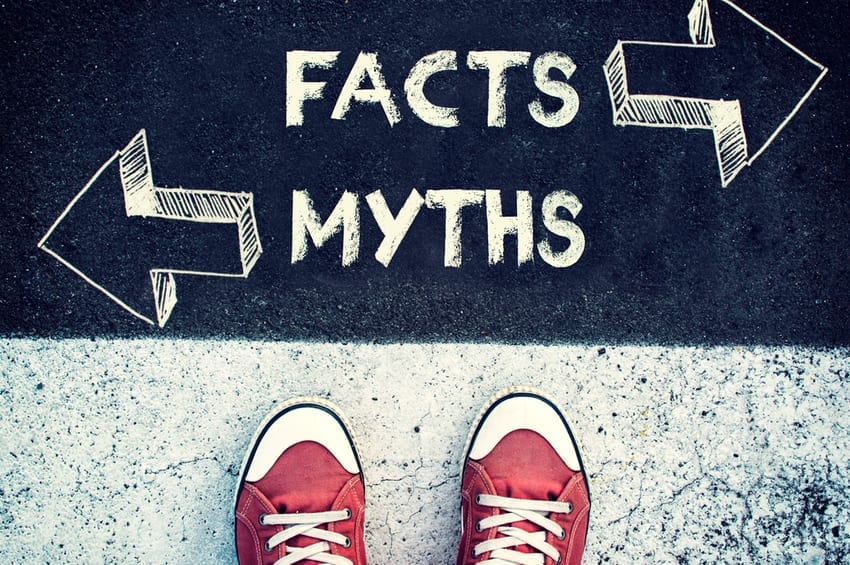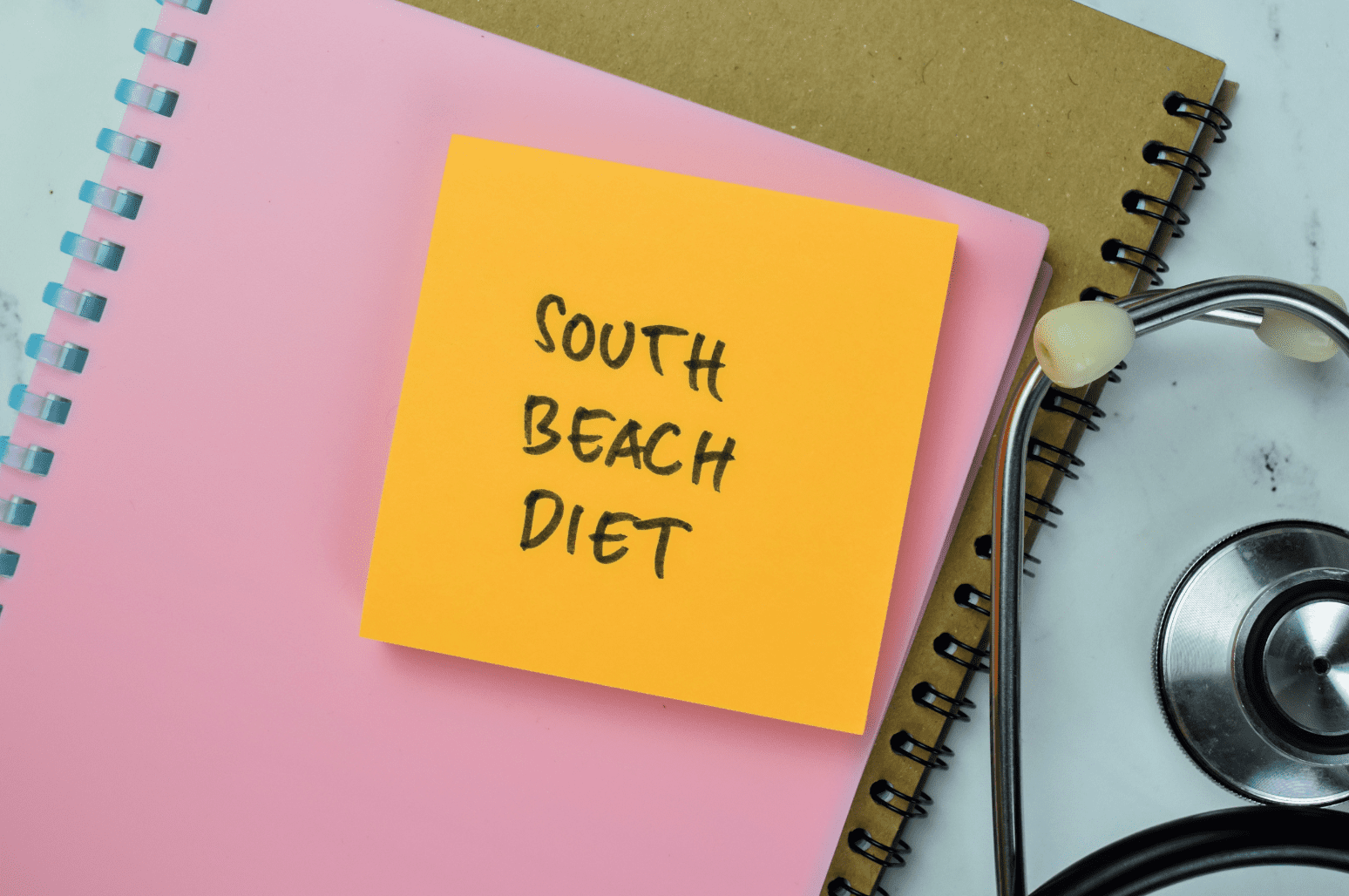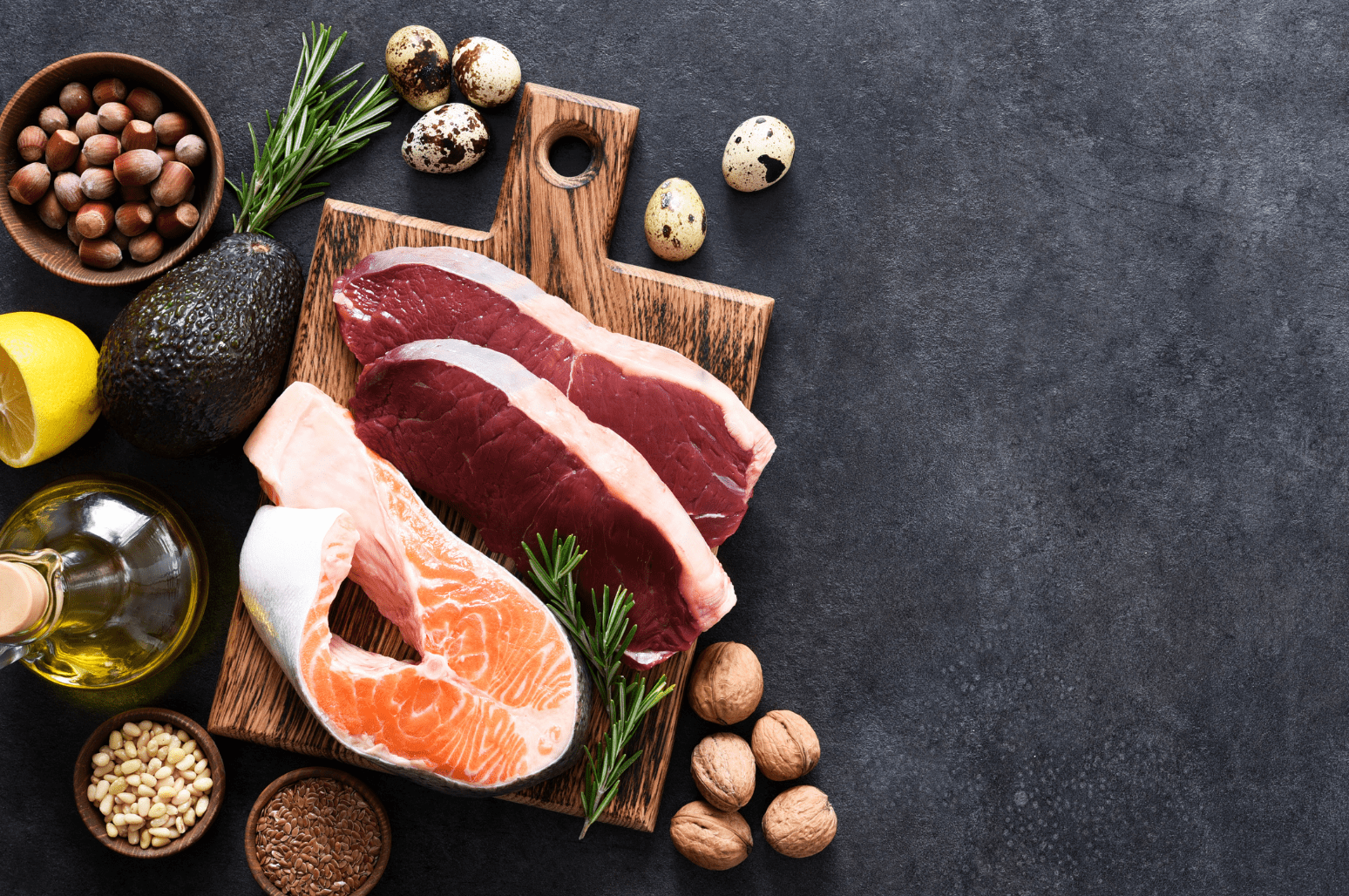Top 4 Anti-Keto Arguments (and How to Respond Like a Champ)

Going keto can be a scary thing… if you listen to everyone who tries to talk you out of it.
The ketogenic diet might not be perfect for everyone, but there’s no questioning its proven benefits. Still, we all have that well-meaning friend who brings up the same few points against the diet.
Whether you’re just starting the keto diet or you’re tired of hearing the same misinformed myths being thrown at you, here are the top 4 anti-keto arguments and how you to respond.
You’ll Get Fat if You Eat Fat
Not sure how this anti-keto myth is still so popular. Just because dietary fat shares the same name as body fat doesn’t mean it’s going to wind up as fat.
Studies show that any macronutrient – carbohydrates, protein, and fat – can become body fat if you eat too much of it. This is why calculating your calories and being mindful of your food intake is essential for weight loss. [1]
How to Respond: Eating fat does not make you fat. Overeating any macronutrient can cause weight gain. You must focus on total caloric intake.
You’re Going to Lose Muscle Mass on Keto
It takes a lot of hard work to build solid lean muscle tissue, especially if you’re a hardgainer. Naturally, the last thing you want to do is jump on a diet that zaps your muscle and leaves you worse off.
Despite popular rumors, the ketogenic diet does not cause the loss of muscle mass. Studies show that going keto can help to maintain current levels of muscle mass when compared to low-fat diets. [2]
With that said, when you first start the keto diet, you may notice that your performance takes a hit. This is normal and it will subside within a week or two as your body adjusts to the diet.
How to Respond: You won’t lose muscle mass on keto. You might lose the pep in your step during training, but that only lasts a week.

You’ll Develop Heart Disease from all the Saturated Fat
Sure, keto dieters love their bacon, but it’s not the foundation of a responsible ketogenic diet. In fact, saturated fat plays a tiny role compared to monounsaturated fats (e.g., salmon) and polyunsaturated fats (e.g., almonds).
What’s more, the most recent studies have proven that there is no connection between saturated fat consumption and developing heart disease or cardiovascular disease. The real culprit? Processed and simple carbohydrates. [3]
How to Respond: If you eat a well-rounded ketogenic diet, getting your fats from different sources including plant-based sources, you don’t consume a lot of saturated fat. But even if you do, studies show there’s no correlation between saturated fat intake and heart disease.
Your Body NEEDS Carbohydrates
It’s easy to assume that since there are three macronutrients, your body needs all three to survive. Studies show just the opposite. Your body only requires dietary proteins and fats for survival. [4]
However, maintaining your stomach health and proper digestion is essential, and that’s why fiber-focused foods like cruciferous vegetables are encouraged on the keto diet. Again, going keto isn’t limited to bacon and avocadoes. You can eat a variety of vegetables and fruits while maintaining ketosis.
How to Respond: No, your body doesn’t need carbs to survive. But going keto doesn’t mean cutting out ALL carbohydrates. You get plenty of fiber in a healthy keto diet to help with your gut health.
Want to Learn About More Anti-Keto Arguments?
Looking to read up on even more of the most common anti-keto arguments and how to respond to them? Check out our extended article on keto claims and dealing with keto haters.
References
Leaf A, Antonio J. The Effects of Overfeeding on Body Composition: The Role of Macronutrient Composition – A Narrative Review. Int J Exerc Sci. 2017;10(8):1275–1296. Published 2017 Dec 1.
Paoli A, Grimaldi K, D’Agostino D, Cenci L, Moro T, Bianco A, Palma A. Ketogenic diet does not affect strength performance in elite artistic gymnasts. J Int Soc Sports Nutr. 2012 Jul 26;9(1):34. doi: 10.1186/1550-2783-9-34.
Siri-Tarino PW, Sun Q, Hu FB, Krauss RM. Meta-analysis of prospective cohort studies evaluating the association of saturated fat with cardiovascular disease. Am J Clin Nutr. 2010 Mar;91(3):535-46. doi: 10.3945/ajcn.2009.27725. Epub 2010 Jan 13.
Ludwig DS, Hu FB, Tappy L, Brand-Miller J. Dietary carbohydrates: role of quality and quantity in chronic disease. BMJ. 2018;361:k2340. Published 2018 Jun 13. doi:10.1136/bmj.k2340.









